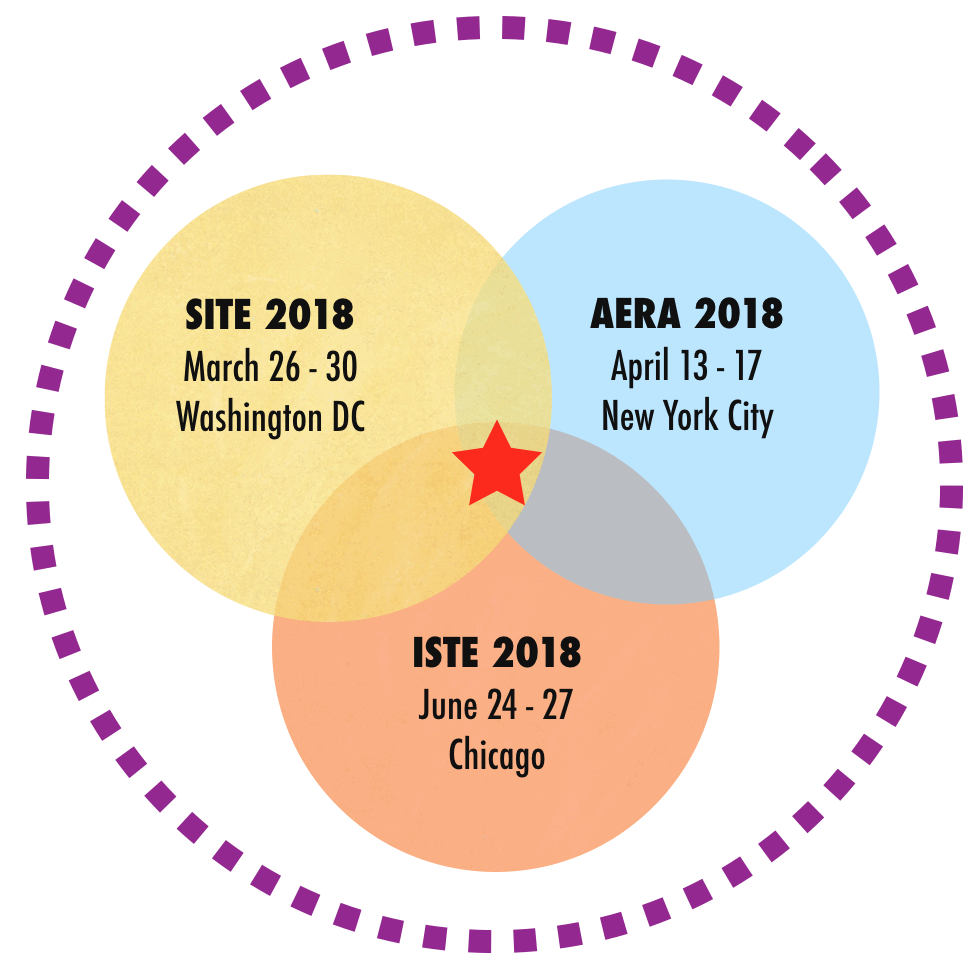A teacher affects eternity—Henry Adams
I remember the first time I saw David Zola teach. He was on stage in front of 200+ undergraduate students with a plastic cup of wine in his hand. The wine had been poured for him by a teaching assistant from a bottle hidden in a brown paper bag and David’s task was to figure out the provenance of the contents of the bottle. He sniffed and swilled and sipped, all the while talking us through the process and more importantly how he had acquired this skill. In short he talked to us about learning, and that learning was more than what happened in schools and classrooms, and through that subtly hinting at all that was lost when we speak of learning as just occurring schools and classrooms. I remember being impressed by how well he did (I think he got the year and country but not the exact vineyard) but, most importantly, what has stayed with me was his willingness to taking this risk to make a broader point about learning and education.
And, of course, how can anyone forget the time when he came dressed to class as Jean Piaget, with a fake beard and pipe, talking to the students about “his” discoveries about the stages of cognitive development.
David Zola cared about teaching. That much was clear. He also cared about each and every person he interacted with—whether a colleague or student. He always had a twinkle in his eye and an infectious smile.
But as a teaching assistant, what I remember most was the trust he placed in each of us. We were given incredible freedom to teach our sections the way we saw fit, to craft the curriculum in ways that made sense to us. This was scary to me—a fresh-off-the-boat graduate student teaching 25+ undergraduate students for the first time. But it wasn’t like he just let us be, to lead these discussion sections all by ourselves. There was a whole support network of senior TA’s and regularly scheduled meetings of the whole team to just see how things were going, to address questions we may have, and problems we may be facing. I remember discussions about individual students and figuring out, collectively, the best way to respond to any issues they may be facing.
And then there was the process of constructing the mid-term and final examination questions. Not for him the easy way out—of falling back on questions crafted in the years past. That was not his style. The questions were created anew every semester, crafted by the current teaching assistants, shared with the team, and then collaboratively edited till they were the best questions they could be.
I didn’t realize it then but I know it now, he was not just teaching 200+ undergraduate students but us, the teaching assistants, as well. He was teaching us, indirectly, to become better teachers and educators; to take this profoundly important responsibility we had been given seriously.
David has been an incredible influence on me—as a teacher and educator. He showed me that even in an environment that often does not value teaching, a culture that focuses on publications and grants, it was possible to be a good teacher. It was possible to care for every student, even in large, supposedly impersonal, lecture classes. His actions and words conveyed just how precious these moments we have with our students are. He demonstrated, in multiple ways, that there is nothing, nothing, that is off bounds to get our students to connect with the ideas and concepts they need to learn. He taught me to be a good teacher and a good teacher-leader. He taught me, that however talented we may be, however hard we may try, we are better collectively than we can ever be individually. These are lessons that I have internalized and are a core part of my identity as a teacher and educator. And for that I will be eternally grateful.
David passed away a over six months ago, something I learned just a few days back.
He will be missed. But his legacy lives on—in me and in each of the students whose lives he touched, in his inimitable way.



0 Comments